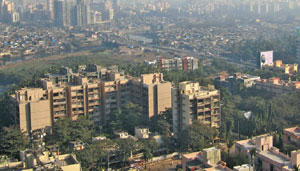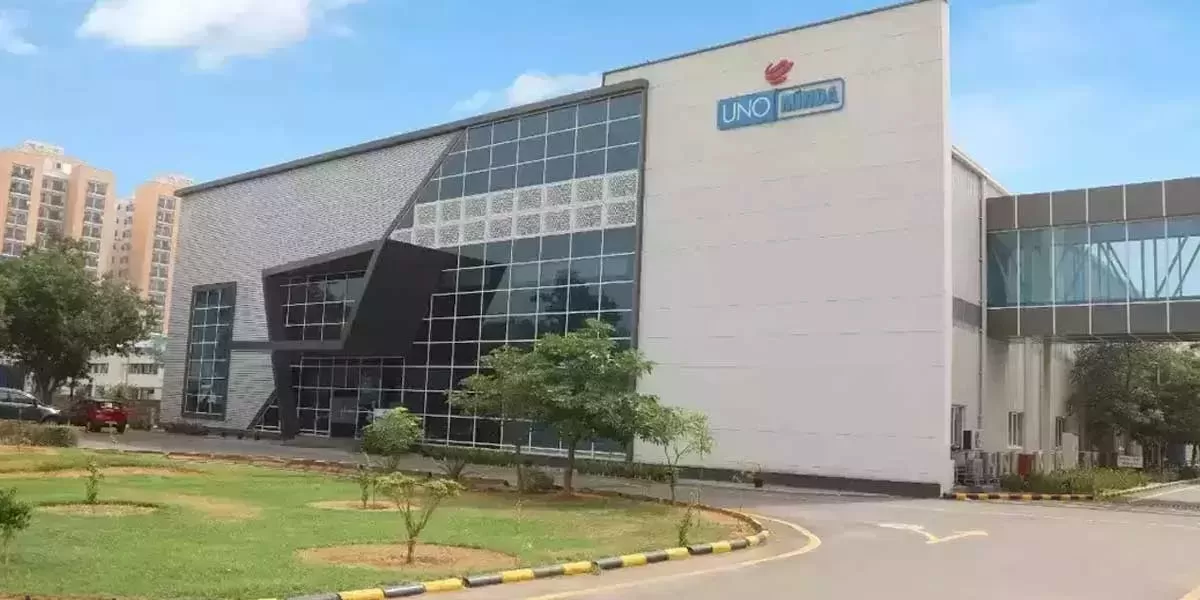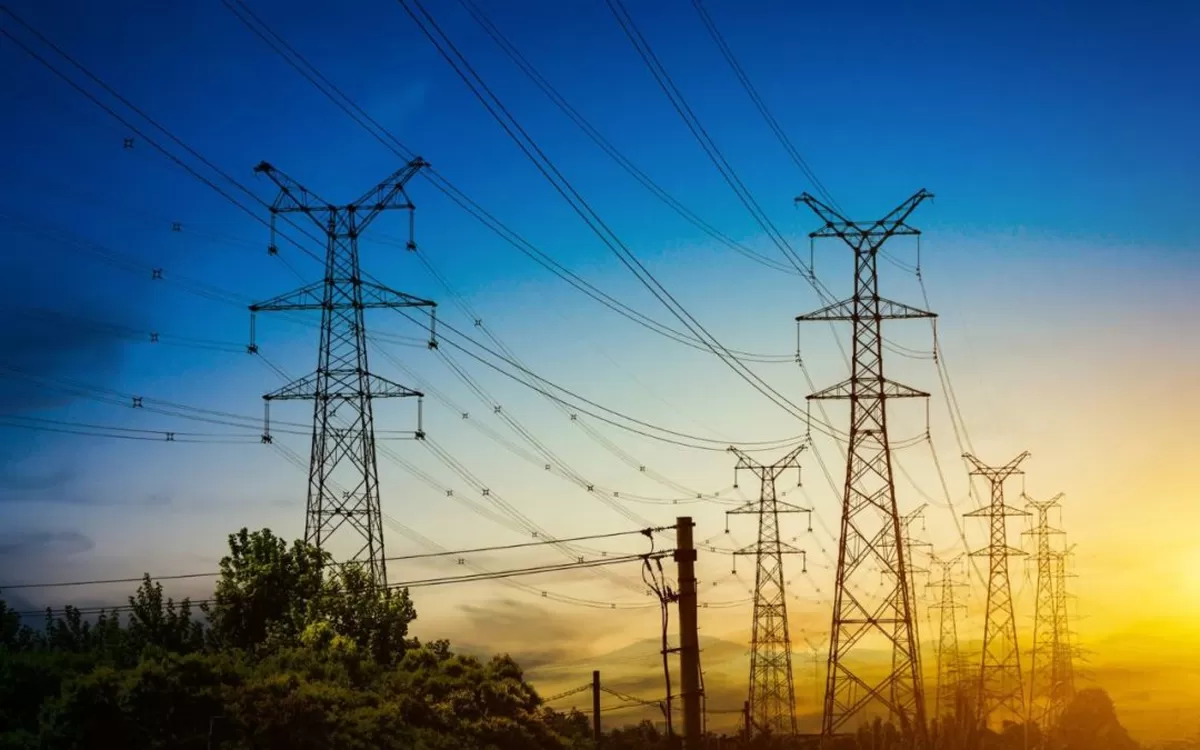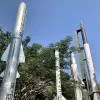It's time for another careful and considered look at the National Building Code 2005, writes
KISLAY PANDEY, Advocate, The Supreme Court of India.
The purpose of the National Building Code (NBC) 2005 is to regulate the commercial and residential activities of building and construction in comprehensive and wholesome manners. The holistic set of these activities comprises safety in construction and demolition of sites as well as structural sufficiency of the building, fire safety, safety regarding the use of hazardous substances, and protection from unsolicited entry of outsiders. NBC was introduced in 1970 and revised for the first time in 1983; it was further revised in 2005, the latest revision to date. The 2005 version of NBC was quite effective in terms of instructions, but various design, construction and safety issues were either absolutely neglected or the focus and scope of those activities were limited. With the passage of time, increased urbanisation, evolution of economies and advancement in technology in the past 10 years, it is the need of housing and industries to adopt international standards and codification parallel with the changing scenario of the construction world.
Reality and relevance
The existing National Building Code of India 2005 has already mentioned some clauses in Part 4 of the Building and Life Safety Chapter. A new chapter, 'Approach to Sustainability, To Provide The Required Guidance With Respect To All Relevant Aspects' was incorporated in the National Building Code 2005 for improving the efficiencies of various managerial aspects like project planning, project design, construction layout, operation process and maintenance plan of a building. The sole purpose of these planned activities was to reduce the cost of operation and time duration with the induction of cutting-edge technology. For government-owned projects, rights have been given to the Central Public Works Department and Public Works Department for the selection of contractors and builders.
Similarly, the revised National Housing Policy of 2007, which was the result of increased urbanisation, was effective enough to stimulate the need of sustainable habitat development. The policy was fairly relevant to the adoption of the 'Regional Planning Approach', a framework for the master plans of towns, cities and regions. At the same juncture, the Housing Policy of 2007 also emphasised the review of the NBC 2005. In the same year, the Bureau of Energy Efficiency (BEE) presented a voluntary code for energy efficiency. This is popularly known as Energy Conservation Building Code (ECBC) of 2006. The purpose of ECBC was to cut down energy consumption and touch the 1.7 billion units mark in annual savings.
Following the footsteps of BEE, the Ministry of New and Renewable Energy Sources introduced several programmes to promote and use renewable energy in buildings and businesses. The Green Rating for Integrated Habitat Assessment (GRIHA) by The Energy & Resource Institute (TERI), a voluntary rating system for commercial, residential and institutional setups, was developed to promote environment-friendly buildings. In addition, open space, ventilation and plumbing were issues where more stress was laid in comparison to the earlier version.
NBC 2005 was undoubtedly a turning point in the building and construction segments of India. This instrument is intended to provide uniformity in all kinds of construction activities, irrespective of location and size. But NBC 2005 mainly talks about administrative regulations, expansion rules and general building necessities like safety guidelines, quality of material used in the building and review of structural designs. Considering day-by-day changes and the customised needs of the specific locations of the country, it is high time to review and revise NBC 2005. In fact, there are various proposals pending with the legislature to review NBC 2005 keeping in mind the changing scenario.
NBC is far behind other global codes like NFPA, NIST and FM Global in terms of provision, execution, compliance and punishment or penalty. Only a holistic system covering all the essential aspects of architecture, civil, mechanical, electrical, plumbing and other areas of engineering can ensure the smooth functioning of the system and the overall development of India Inc. Apart from the strict compliance system, this time the focus should be on various subtle but imperative issues; issues that were neglected in the previous review. Of course, the prime focus should be on security, but the importance of environmental safety and facility management should be assessed meticulously to pervert future disasters.
International perspective
Most advanced countries in Europe, America and Southeast Asia have adapted a stringent national building code and sincerely comply with these codes as they understand their need and importance. It is the result of strict compliance that the loss in the tsunami-struck cities of Japan was much lesser than it could have been. Indeed, countries like Japan, Singapore and Malaysia are very sensitive in following their building codes.
Emulating the building codes of these developed countries, India should incorporate some new-age provisions in NBC 2005. Keeping in mind natural contingencies, attention should be paid towards the accessibility of a building, impact of the building on adjacent buildings, and proper evacuation facilities to minimise human loss. In case of fire and short circuit, a building must have an appropriate ventilation system, fire-fighting system and first-aid facilities. Adequate sanitation, drainage and disposal of domestic and industrial waste should be top priority.
The heating, ventilation and air-conditioning system of a housing society or factory should be based on ozone-friendly gases. Substantial parking space, open space in proportion to the area and height of the building and usage of high-quality electric wires should be the prerequisites of a new building. Pollution in any form is a great menace to humanity as well as the ecosystem; to combat it, only environment-friendly machines and equipment should be allowed in an industrial premise. Also, the present NBC does nothing to address noise pollution, which is increasing by the day and is related to a host of stress-related problems.
Finally, before revising NBC 2005, we should be able to evaluate the need of our rapidly changing world. Why is the existing code not as effective as the codes of developed nations? Is our existing system sufficient to meet tsunami-like disasters? Last, but not least, do we have strict laws to enforce the NBC? Unfortunately, NBC 2005 has no answer to many of these questions; it is therefore highly advisable to revise it.
About the Author:
Kislay Pandey is an eminent lawyer of the Supreme Court of India. The versatile solicitor has expertise in a variety of legal matters, like property disputes, corporate issues, financial matters and criminal cases, among others.
To share your legal perspective on the construction industry, write in at feedback@ASAPPmedia.com


















